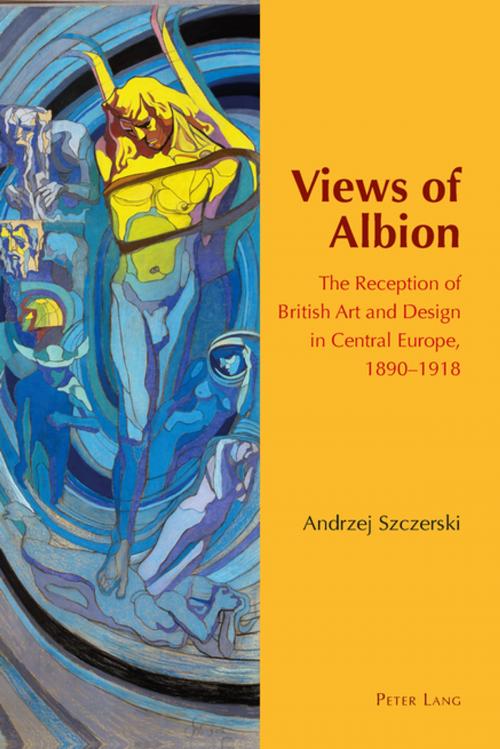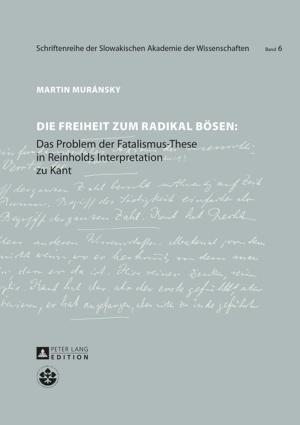Views of Albion
The Reception of British Art and Design in Central Europe, 18901918
Nonfiction, History, Eastern Europe, Art & Architecture, General Art, Art History| Author: | Andrzej Szczerski | ISBN: | 9783035398694 |
| Publisher: | Peter Lang | Publication: | November 27, 2015 |
| Imprint: | Peter Lang AG, Internationaler Verlag der Wissenschaften | Language: | English |
| Author: | Andrzej Szczerski |
| ISBN: | 9783035398694 |
| Publisher: | Peter Lang |
| Publication: | November 27, 2015 |
| Imprint: | Peter Lang AG, Internationaler Verlag der Wissenschaften |
| Language: | English |
Views of Albion is the first comprehensive study of the reception of British art and design in Central Europe at the turn of the twentieth century. The author proposes a new map of European Art Nouveau, where direct contacts between peripheral cultures were more significant than the influence of Paris. These new patterns of artistic exchange, often without historic precedence, gave art during this period its unique character and dynamism.
Beginning with an analysis of the concept of Central Europe, the book examines knowledge about British art and design in the region. In subsequent chapters the author looks at the reception of the Pre-Raphaelites in painting and graphic arts as well as analysing diverse responses to the Arts and Crafts Movement in Germany, Austria, Poland, Bohemia, Slovakia, Hungary and Southern Slavic countries. The epilogue reveals the British interest in Central Europe, echoed in the designs Walter Crane, Charles Robert Ashbee and publications of The Studio.
The book questions the insularity of British culture and offers new insights into art and design of Central Europe at the fin de siècle. It presents the region as a vital part of the international Art Nouveau, but also shows its specific features, visible in the works of artists such as Alfons Mucha, Gustav Klimt and Stanisław Wyspiański.
Views of Albion is the first comprehensive study of the reception of British art and design in Central Europe at the turn of the twentieth century. The author proposes a new map of European Art Nouveau, where direct contacts between peripheral cultures were more significant than the influence of Paris. These new patterns of artistic exchange, often without historic precedence, gave art during this period its unique character and dynamism.
Beginning with an analysis of the concept of Central Europe, the book examines knowledge about British art and design in the region. In subsequent chapters the author looks at the reception of the Pre-Raphaelites in painting and graphic arts as well as analysing diverse responses to the Arts and Crafts Movement in Germany, Austria, Poland, Bohemia, Slovakia, Hungary and Southern Slavic countries. The epilogue reveals the British interest in Central Europe, echoed in the designs Walter Crane, Charles Robert Ashbee and publications of The Studio.
The book questions the insularity of British culture and offers new insights into art and design of Central Europe at the fin de siècle. It presents the region as a vital part of the international Art Nouveau, but also shows its specific features, visible in the works of artists such as Alfons Mucha, Gustav Klimt and Stanisław Wyspiański.















